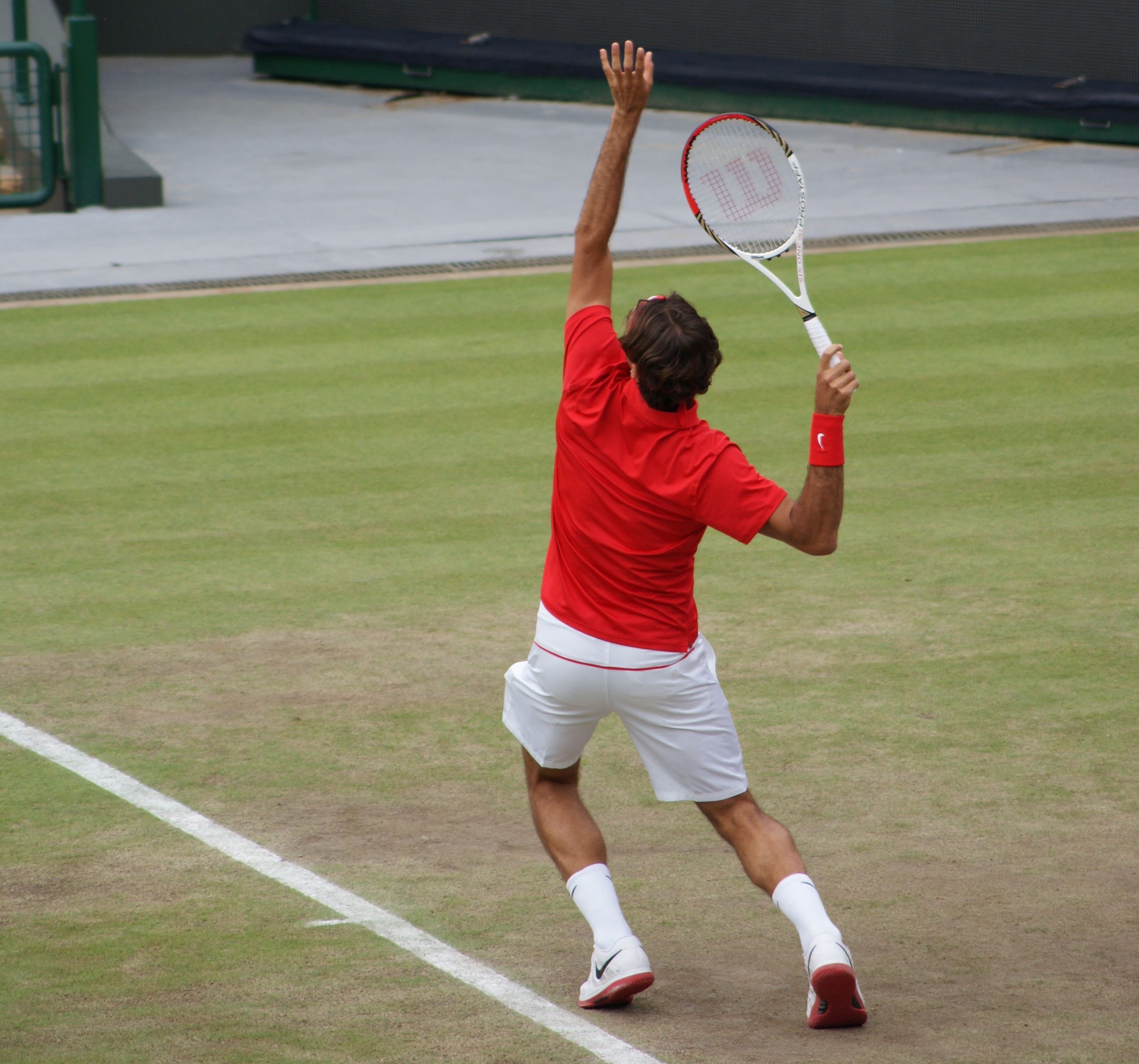Brands That Sponsor Emma Raducanu
Emma Raducanu was born in Toronto, Canada. Her dad is from Romania and her mom is from China. Her parents moved to London when she was two.
Given her Romanian roots, not surprisingly, Raducanu’s idol is Simona Halep. She has been mostly playing ITF events to improve her ranking until the 2021 US Open. Starting as a qualifier, she went on to win the 2021 US Open title in one of the most remarkable runs in women’s tennis. Her current sponsors are Nike , Dior, Evian, Tiffany &Co, British Airways, Porche, Vodafone, and Wilson.
Emma Raducanu’s Sponsors
Nike
Raducanu has an apparel and shoe sponsorship contract with Nike.
Wilson
Raducanu has a racquet sponsorship contract with Wilson. She uses the Wilson Blade 98 racquet.
Tiffany & Co.
After her remarkable US Open win, luxury jewelry maker Tiffany & Co. signed up Raducanu as its House ambassador. She wore the brand’s jewelry during her US Open run without sponsorship.
Dior
Raducanu became an ambassador for Dior in 2021. Raducanu will become the face for Maria Grazia Chiuri’s womenswear collections and Dior’s skincare and makeup products.
Evian
Evian is a French company that makes bottled water. It is owned by Danone, a French multinational corporation.
British Airways
In 2021, she became a global ambassador for British Airways. After her US Open win, Raducanu flew home on British Airways and is a frequent flier of the airline.
Porche
Porche is a German luxury automaker specializing in sports cars, SUVs, and sedans. The company is headquartered in Stuttgart, Germany.
Vodafone
In 2022, Raducanu became the face of Vodafone’s “Play your way to Wimbledon” campaign after signing a $4 million a year sponsorship deal with the telecom provider.
